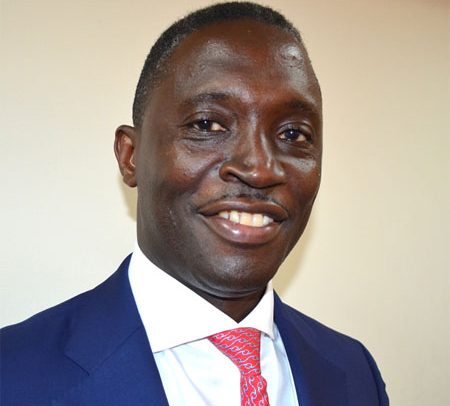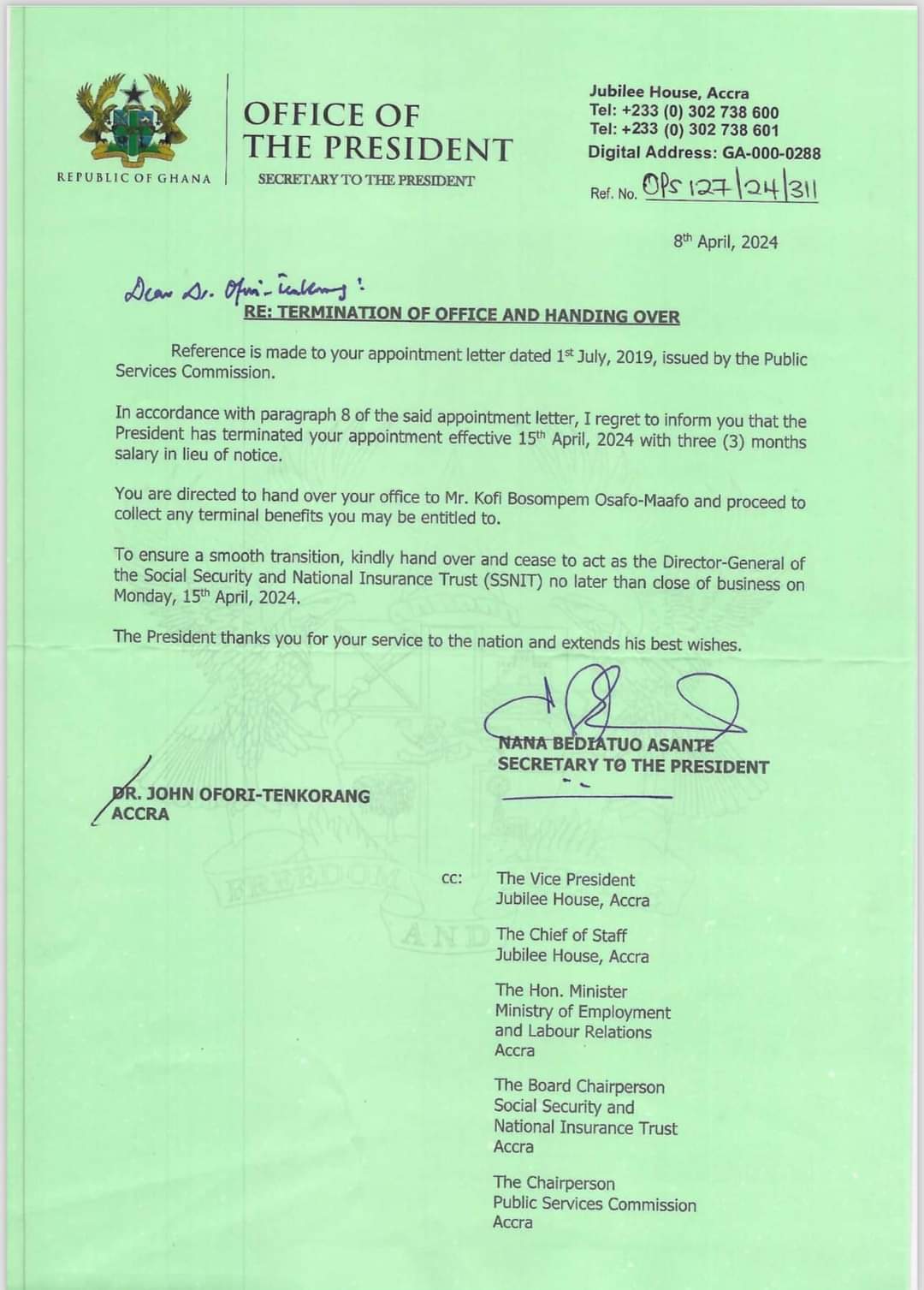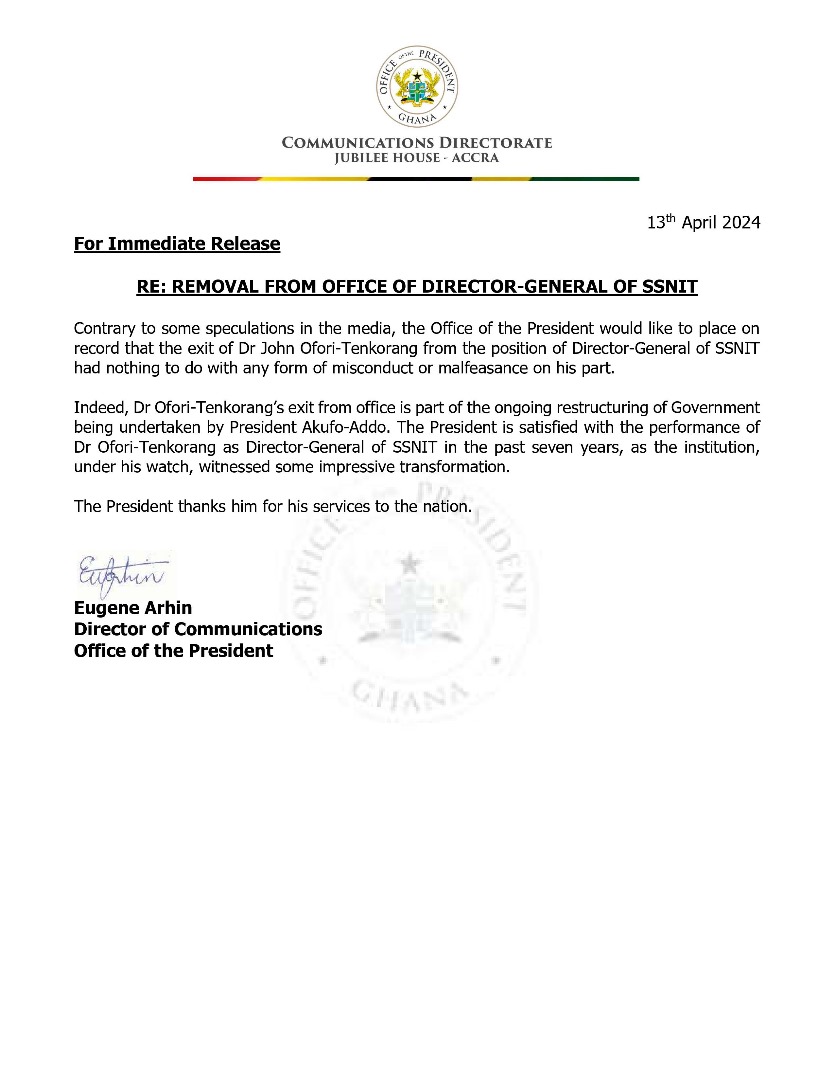
The Trust has in recent times come under some criticisms, over what is given out to contributors.
SSNIT has argued that these benefits are in most cases based what the pensioners contribute during “Active Work Days”.
Available data indicates that the 2016 contribution was less than that of 2015.
The Active Contributors is about a population of 1.33 million and the contributions for the year 2016 amounted to GH1.86 million, down by 12 percent from 2015.
Government debt and arrears is over GH600 million, while benefits have been recorded is GH1.75 billion, which is up 42 percent from 2015.
But speaking to JOYBUSINESS after the inauguration of an 11 member reconstituted board of trustees of SSNIT Board by Finance Minister Ken Ofori Atta, he new Director General said it important to ensure that SSNIT becomes a good place for Ghanaians to put their monies and also ensure that pensioners meaningful returns and get their benefits on time.
Prudent returns on investments
Dr. Ofori Tenkorang also added that he is committed to ensuring that there is value for money on every investment, which must be guided by prudence.
"It should be based on the fact that you would invest these funds in those areas if it was your own personal money” he added.
The 11 member board of Trustees is chaired by Former Defence Minister in the Kufour Administration, Dr. Kwame Addo- Kuffour, Deputy Minister of Finance, Abena Osei Asare, Executive Secretary of the Ghana Employers Association Alex Frimpong,
It also includes Daniel Acheampong, Joshua Ansah, Prince William Ankrah, Mohamadu Assibi Azonko, David Ofori Acheampong, Benjami Odotei Asumag, Beatrice Zakpaa Vib-Sanziri and Dr. John Ofori Tenkrang the Director General.
Currently, SSNIT has over 170,000 pensioners on the pension payroll and about 1,300 pensioners added on monthly basis.
Employers contribute 13 percent of employees’ basic salary, whilst employees contribute 5.5% of pretax income. The contributions amount to 18.5 percent. The waterfall constitutes 11 percent to SSNIT, five percent to tier 2 and 2.5 percent to NHIS.
The Trust’s expenditure, that is, its operations cost, investment cost and general administrative cost, have been found to be above the average of its comparative peers and have been increasing.
The challenge facing the institution would be the need to maintain effective cost control and management measures to ensure the sustainability of the fund.
The trust is said to be bedeviled with high and persistent debt and arrears from its public and private contributors in addition to issues such as sustainability of the SSNIT Scheme and expansion of coverage.
Combinations of all these challenges, among others, have resulted in the poor public image and perception of the Trust. Read Full Story






















Facebook
Twitter
Pinterest
Instagram
Google+
YouTube
LinkedIn
RSS